When Born This Way aired on the A&E Network, it prompted mixed emotions from the Down syndrome parent community. Strong emotions. I pondered long and hard about why those emotions came to the surface, and how we could help bridge the gap between parents who loved the series for the awareness it provided and those who experienced a level of grief because of what they saw. The “Born This Way – Building Support Systems Track” is a result of that search.
Perspective
From the moment the first episode aired, I knew that some parents would find it hard to watch. Social media exploded the next day. Some praised it for the groundbreaking series it is. Others disclosed that they found it hard to watch the young adult cast and felt that they did not accurately represent the entire spectrum of life with Down syndrome. Keeping in mind that television is ultimately designed to entertain, I urged our community to focus on the positive. Nevertheless, my heart went out to the parents who felt sad watching other adults who were, in their words, “high functioning,” doing things that they felt their own children would never do.
I had several conversations about how I dislike the dichotomy of high-, versus low-functioning. In a conversation with cast member Sean’s mother, Sandra McElwee, I realized that one of the issues is access to services. Sandra commented that, in her opinion, the cast members are not necessarily “high-functioning.” What they are is “fully supported.”
Adult Services
This led to an acknowledgement that families experience different levels of access to services. Some cultures look at asking for support differently. Some families, especially those in rural areas, simply don’t have access to appropriate services. Once children “age out” of school supports, finding services becomes even more difficult. Medicaid wait lists makes it almost impossible in some areas. During my conversation with Sandra, I learned that California is different in this respect. Adult services are an entitlement, like they are for school aged children elsewhere, because of what is called “The Lanterman Act.”
With all of this in mind, I started reaching out to the service providers that the cast members use. Four of the actual providers graciously accepted our invitation to present at the conference.
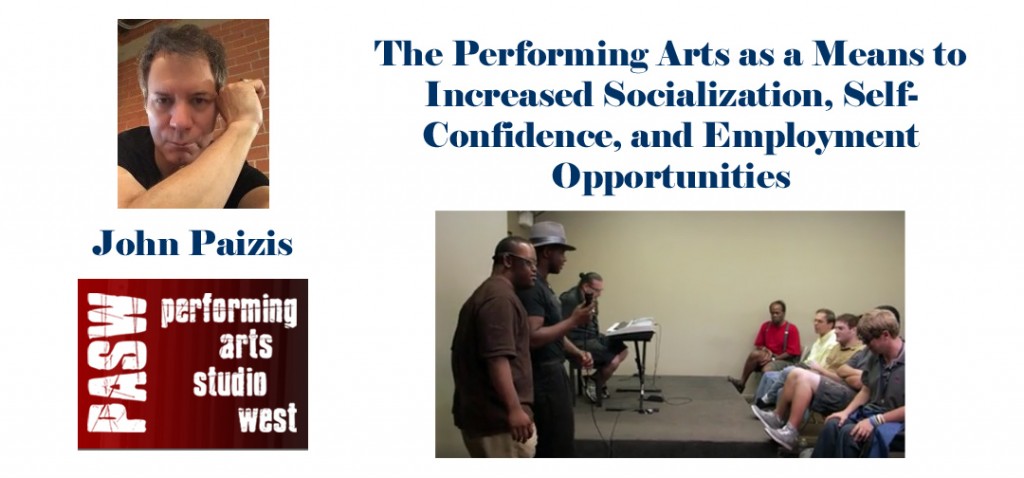
John Paizis, Founder/Director of Performing Arts Studio West
Viewers of the show will remember that John Tucker and Elena are students of this amazing program.
John will join us to talk about “how professional training in acting, music and dance has transformed the lives of hundreds of adults with intellectual disabilities that he and his staff have worked with for over 17 years.”
His session is called “The Performing Arts as a Means to Increased Socialization, Self-Confidence, and Employment Opportunities.”
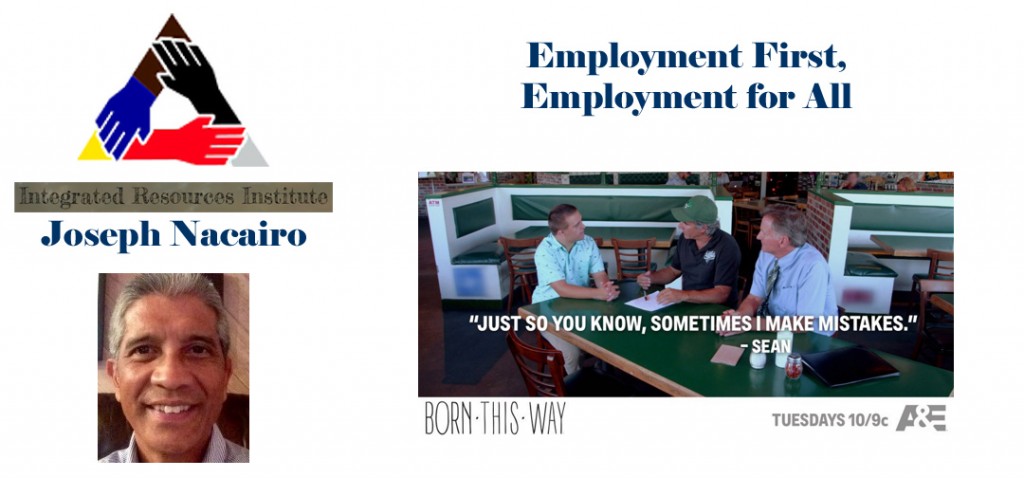
Joseph Nacario, Executive Director of Integrated Resources Institute
Work is important for everyone and several of the cast members have jobs in the community that they love. Integrated Resources Institute helps people with disabilities, including Sean from Born This Way, find and keep rewarding employment. Joseph Nacario will address “how people should pursue employment and best practices in employment support services.”
His session is called: Employment First, Employment for All
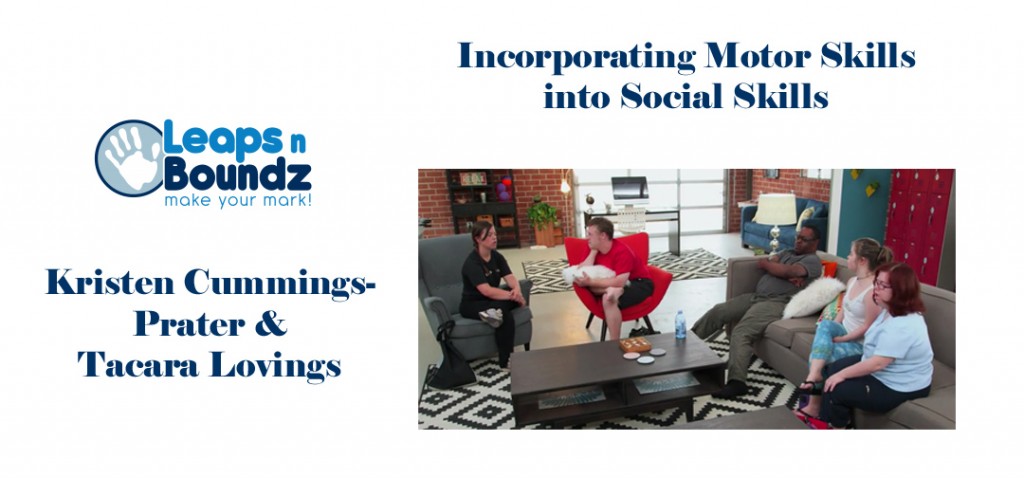
Kristen Cummings-Prater and Tacara Lovings from Leaps n Boundz
Two directors from the “clubhouse” where many of the conversations shown on the series will talk about Incorporating Motor Skills into Social Skills
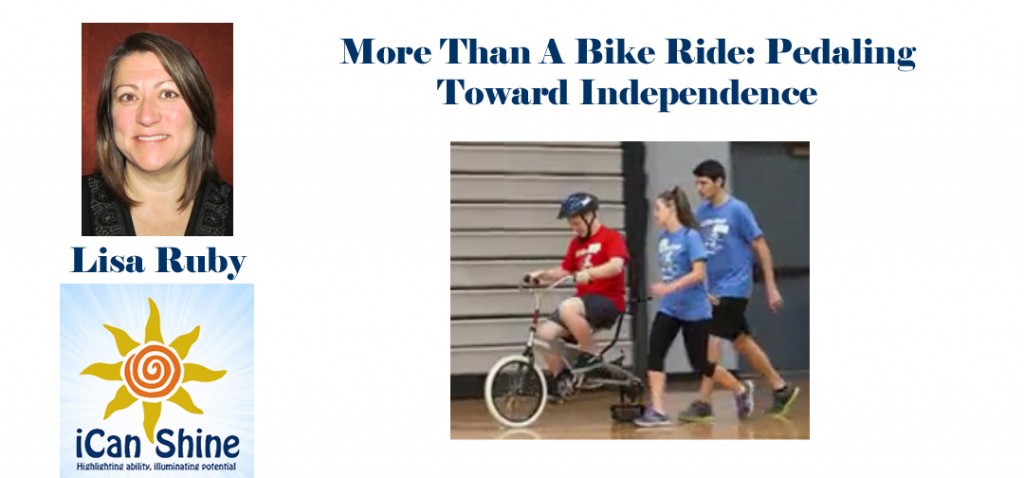
Lisa Ruby, Executive Director, iCan Shine
Sean, Megan, and Christina went to a “bike camp,” offered by I Can Shine. Lisa Ruby joins us to talk about how important this skill can be to people with disabilities and how their program can help students gain those in her session: More Than A Bike Ride: Pedaling Toward Independence.
Finding Support
Part of the issue is finding out what types of support are out there. The other part is figuring out how we, as parents and caregivers, can access these services and what we can do if they don’t exist in our area. For that we’ll look to the experts on local support between families, and how the adult service delivery system works.
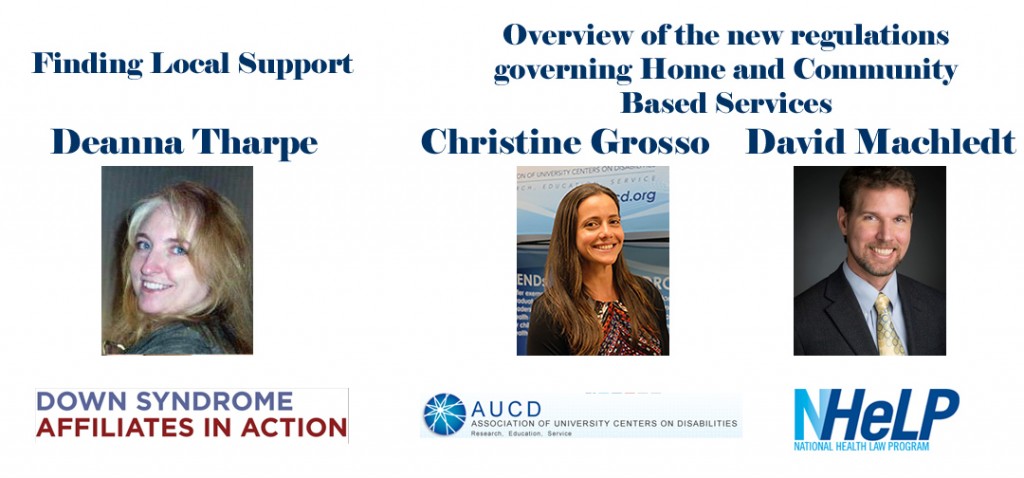
Deanna Tharpe, Executive Director of Down Syndrome Affiliates In Action (DSAIA) and Deborah Tomai from the Red Grande Valley Down Syndrome Association will talk to us about Finding Local Support.
And Christine M Grosso, MS, Policy Analyst at the Association of University Centers on Disabilities (AUCD) & David Machledt, Ph.D., Policy Analyst at the National Health Law Program will talk to us about the new home and community based services (HCBS) waiver rules and what that can mean to parents.
We hope you’ll find this an interesting and helpful day full of sessions designed specifically to address the concerns of our community.
Register now for only $21 for the entire track or enter to win a free registration on us!

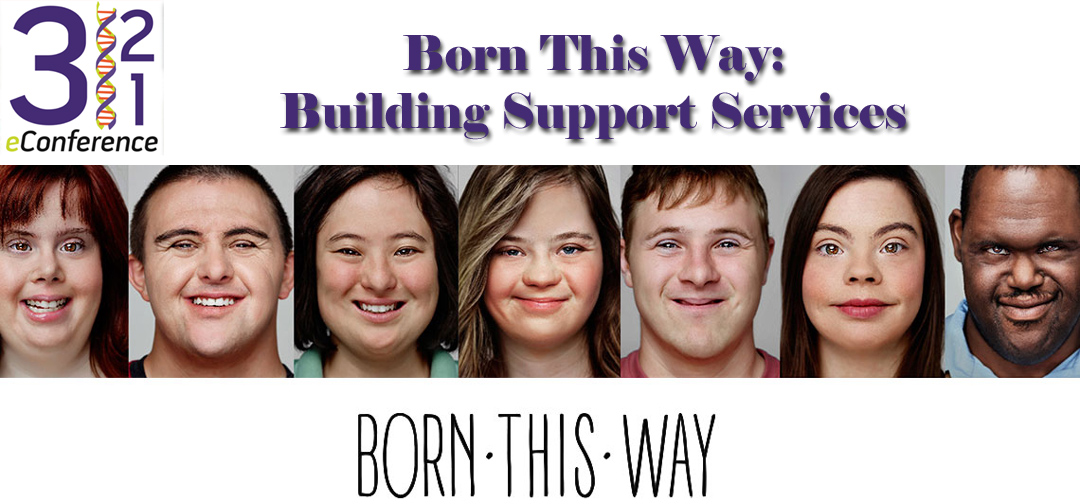
Good to visit your site as a part of my A to Z visits. My theme Blog Promotion
Welcome to A to Z April Blogging Challenge 2016 – Co-Participant – Nrao – NRao Blogs 1109
@knoltweet
NRao Blogs – 2016 A to Z Challenge Blog Posts
Management Theory Review